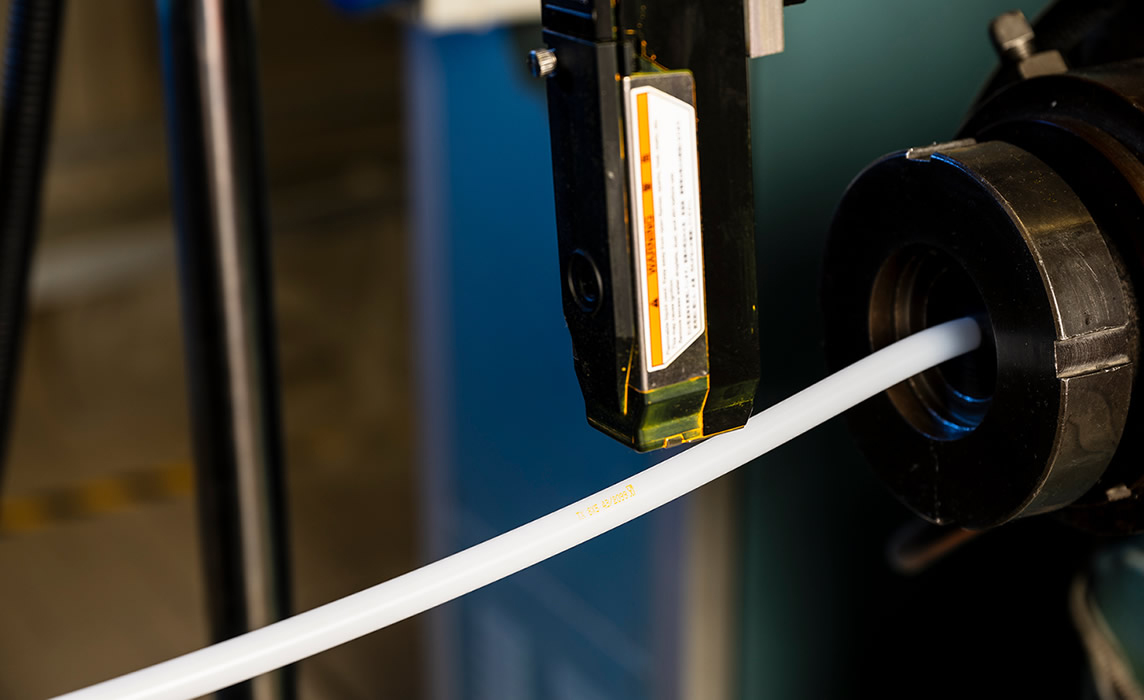The MOCA regulation (Materials and Objects in Contact with Food) refers to regulations that establish safety requirements for materials and objects intended to come into contact with food.

These regulations are particularly relevant in the European Union and are mainly outlined by Regulation (EC) No. 1935/2004. Objectives of MOCA Regulation:
Food Safety: Ensure that materials and objects in contact with food do not transfer substances to food products in quantities that could represent a danger to human health.
Food Integrity: Ensure that materials in contact with food do not unacceptably alter the composition of the foods.
Preservation of Food Properties: Preserve the organoleptic and nutritional properties of foods when stored or transported in materials or objects compliant with the regulation. Main Features of MOCA Regulation:
Traceability: The regulation requires a traceability system for food contact materials so that they can be traced throughout the production, transformation, and distribution chain.
Declarations of Conformity: Manufacturers of food contact materials must provide declarations of conformity that attest their products comply with applicable regulations.
Testing and Migration: Materials must undergo testing to ensure that the amount of substances that can migrate from objects to foods does not exceed the limits set by specific regulations.
Good Manufacturing Practices (GMP): Manufacturers of food contact materials must adhere to GMP, as defined by Regulation (EC) No. 2023/2006, to ensure that their products are consistently produced and controlled according to quality standards.
For companies producing silicone tubes and profiles intended to be used in food contact applications, such as in the food or beverage industry, it is crucial to comply with the MOCA regulation to ensure consumer safety and meet legal requirements.
